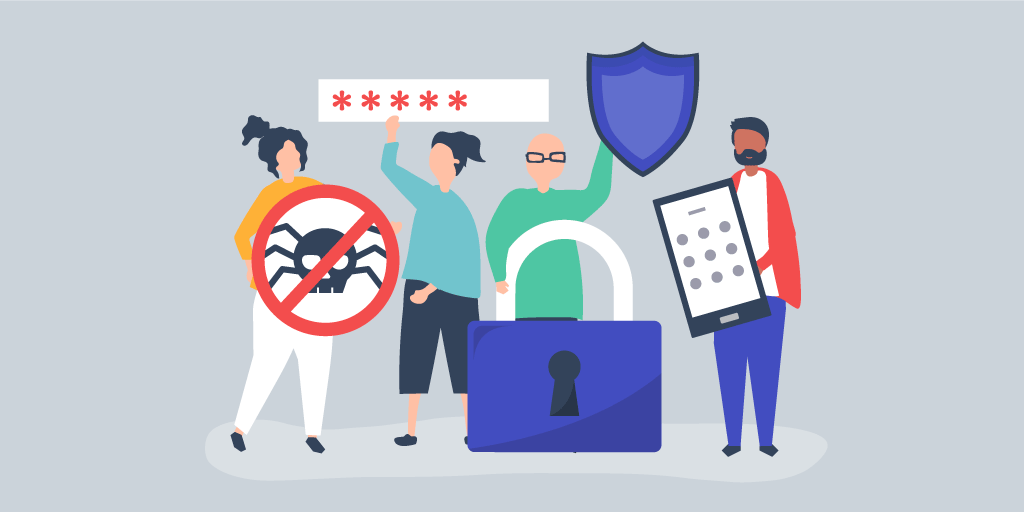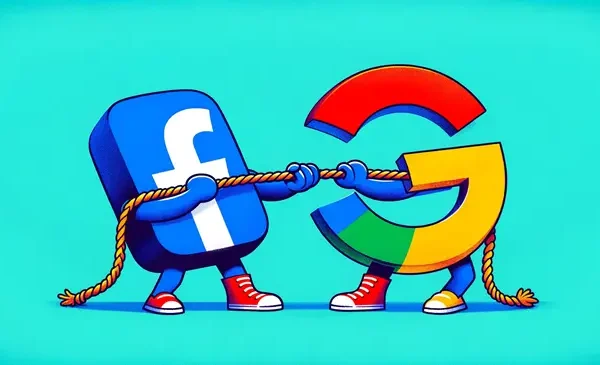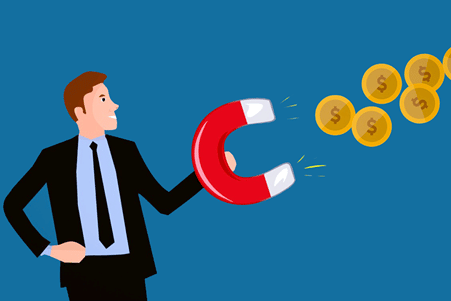History has shown us that unscrupulous hackers can manipulate any crisis, and Covid-19 is no exception.
Los atacantes no han perdido tiempo en desarrollar correos electrónicos de phishing sobre coronavirus y sitios Web infectados con malware que parecen monitorear la propagación global del coronavirus.
These opportunistic attacks are the anticipated variant on familiar themes, where terror is used to alter a person's actions. But, unlike the usual crisis, a natural catastrophe or a terrorist attack confined in time and space, the consequences of the pandemic are global and widespread.
Although there are several ways to manipulate a global pandemic, cyberattacks are an apparent and especially explosive option.
Cyber attacks can take place quickly internationally and with almost no risk to the attacker.
They can be inspired by any motivation, from financial gain to espionage, vandalism, and terrorism. And they will take advantage of new vulnerabilities in our already fragile cybersecurity, fueled by distraction and global paranoia and unprecedented levels of telecommuting.
Del mismo modo, los empleados frustrados que trabajan en áreas desconocidas son más propensos a cometer errores al procesar datos confidenciales, lo cual resulta ser de gran ventaja para el hacker.
Do you want to know more about online privacy vulnerabilities? Keep reading!
The 3 most common threats to your privacy online
As trivial as an innocent audience may seem, real technology and risk experts are aware of the potential risks involved in using personal computers to conduct business or the presence of an unsecured network.
The more people work from home, the more likely there are scammers or hackers.
1# Unsecured Wi-Fi networks
Because workers operate from home, they connect to their more insecure home networks. Protection mechanisms built into the corporate network, such as antivirus systems and firewalls, are often absent. This makes it easier for them to fight viruses and malicious attacks.
Además, como muchos trabajadores trabajan desde su casa, es probable que algunos de ellos hagan caso omiso de las precauciones de seguridad sugeridas y trabajen fuera de casa para conectarse a las redes públicas de Wi-Fi, que son el punto de entrada ideal para la fuga de datos o la vigilancia ilegal del traffic from Internet.
2# Phishing
Hackers are expected to expand their fraudulent activities, including phishing attacks, in the near future as people are more concerned about the coronavirus.
Phishing scams are malicious practices aimed at stealing your personal information, such as your password, identification, bank account numbers, credit card numbers, and so on.
Hackers are trying to take advantage of the Covid-19 outbreak to spread ransomware, steal bank details, and more. This is why phishing attacks and hacking attempts are on the rise.
3# Use of personal computers
Puedes estar tentado de usar tu equipo personal mientras trabajas desde casa, ya be porque es más cómodo o por otros propósitos.
Keep in mind that your personal laptop may not have the proper backup systems and security precautions.
This makes you solely responsible for exposing your data to the insecure world and increasing the possibility of a possible hack.
How to avoid online privacy cyberattacks
Despite the fact that it is at this time the more cybercriminals are taking advantage of to try to hack us, we can do a number of things to avoid these types of problems.
➽ Cyber hygiene, a key factor
How many times have you heard the phrase "wash your hands" in these months? Many, right? It is very important to wash your hands, since they are the ones that can contain the most germs and bacteria. When we telework, we pollute the entire space, both the computer keyboard and the mouse.
The same goes for digital hygiene. It is key if you do not want to transmit viruses and other malicious programs to sensitive computers.
Con el paso de los años, hemos aprendido que la forma más segura de defenderse es no dejar rastro. Mantén tus identidades secretas en la medida de lo posible, no publiques ningún dato personal en línea, como números de teléfono y nombres completos, y nunca guardes la historia de toda tu vida en tu perfil de Facebook.
➽ Keep using your VPN
Existen varias explicaciones de por qué las empresas y organizaciones maliciosas pueden intentar piratear tu IP adress. Pero si aprendes a how to use a VPN, your IP address will be protected, among other advantages, and you will not need to think about it.
And you? What are you waiting for to put an end to cybercrime?







